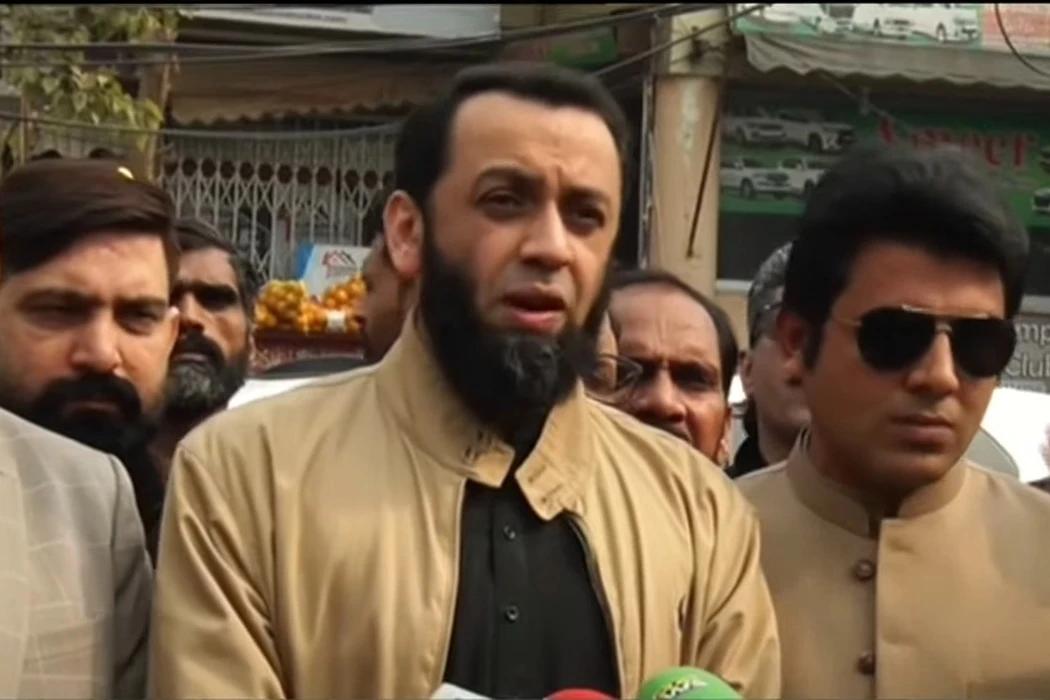This persistent inflation is challenging the government's efforts to control price pressures and stabilize the declining rupee, as reforms tied to an IMF loan complicate the economic landscape.


Karachi: Pakistan's inflation rate for August remained high at 27.4 percent, surpassing the target, according to recent data.
This persistent inflation is challenging the government's efforts to control price pressures and stabilize the declining rupee, as reforms tied to an IMF loan complicate the economic landscape.
The country, under a caretaker government, is navigating a challenging path to economic recovery after securing a $3 billion loan program from the International Monetary Fund (IMF) in July, which prevented a sovereign debt default.
Reforms associated with the IMF bailout, including the relaxation of import restrictions and the removal of subsidies, have already driven annual inflation to a record high of 38.0% in May. Interest rates have also risen, and the rupee has hit all-time lows, falling by 6.2% last month.
Data released for August by Pakistan's statistics bureau showed a slight moderation from July's 28.3% inflation rate, but food inflation remained significantly high at 38.5%.
Furthermore, authorities raised petrol and diesel prices to record levels on Friday, adding to the economic challenges faced by ordinary Pakistanis. The deteriorating economic conditions, coupled with escalating political tensions ahead of the scheduled national election in November, have sparked sporadic protests.
Many ordinary Pakistanis are finding it increasingly difficult to make ends meet. Waseem Ahmed, a bank employee in Islamabad, expressed the struggles faced by the middle class, saying, "More than 60 to 70 percent of my salary is spent on bills and petrol. Where will we get basic staples from? This is why people are contemplating suicide."
Mohammed Sohail, CEO of Topline Securities, a brokerage firm in Karachi, noted that August's inflation figure was in line with expectations. However, due to the depreciating rupee and rising energy prices, he added that "we may not see a significant decline in year-on-year inflation as previously anticipated."
This observation referred to the government's projections of inflation falling to 22% by the end of the fiscal year, which runs until June 31. Pakistan's central bank, in its last monetary policy statement in July, also expected inflation to follow a downward trajectory over the next 12 months, while keeping benchmark interest rates at 22%.

With Bader in center field, Giants move Lee to rig...
- 6 hours ago

Security forces kill 133 terrorists in Balochistan operation, 15 soldiers martyred
- 11 hours ago
Pavia vows to show NFL 'what I got' in Senior Bowl...
- 17 hours ago
Fiesta Bowl to host women's flag football tourney
- 17 hours ago

Balochistan operations: 145 terrorists killed as CM vows long term fight against terrorism
- 6 hours ago

Security forces committed to eliminate anti-Pakistan proxies: Attaullah Tarar
- 4 hours ago

Who will win the Australian Open men's title?
- 6 hours ago

Draymond: Not losing sleep as Giannis talk swirls
- 6 hours ago

Windows 11’s ability to resume Android apps on your PC is getting closer
- 9 hours ago

Terrorist attacks in Balochistan: US, Qatar, Saudi Arabia and Other countries strongly condemn
- 10 hours ago
Sumrall channels Meyer, makes Gators 'earn' logo
- 17 hours ago

Interior minister,CM Balochistan and Corps Commander visit CMH Quetta
- 8 hours ago







